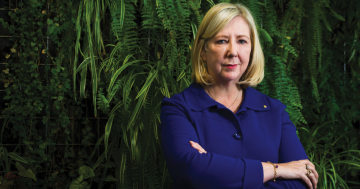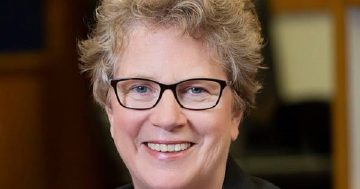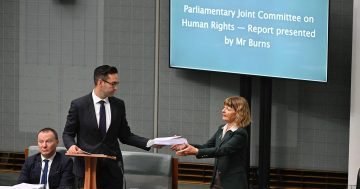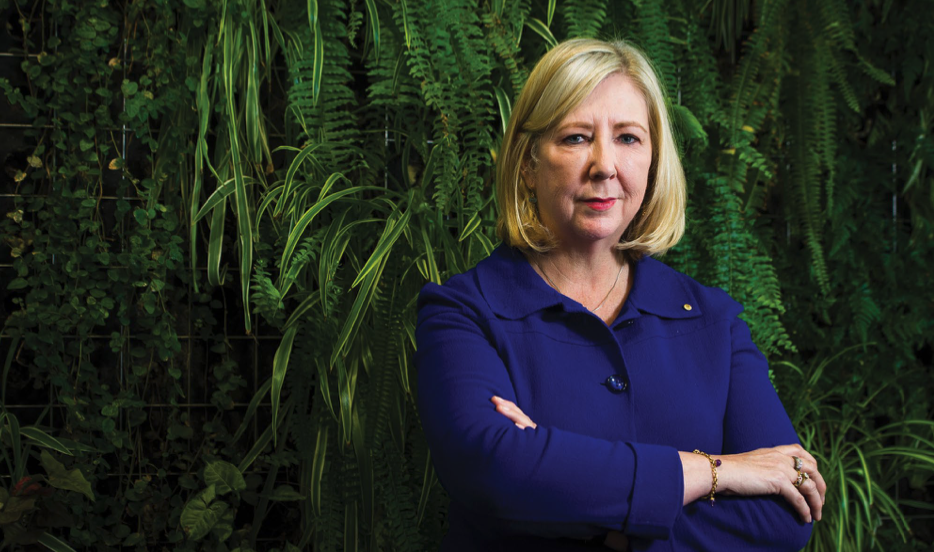
Former ACT Human Rights Commissioner and President Dr Helen Watchirs: casework is still increasing in volume and complexity. Photo: ACT HRC.
More Canberrans are going to the ACT Human Rights Commission to assert their rights and receive help, with enquiries growing to an all-time high in the 2022-23 financial year.
The commission has tabled its annual report, which points to increasing public awareness of its functions and willingness to seek help.
Recently departed commissioner and president Helen Watchirs urged more funding for lawyers and other staff so the commission could cope with its increasing workload.
“Casework is still increasing in volume and complexity, especially for people experiencing vulnerability,” she said.
“We have seen mental health and disability issues exacerbated by inflation and by COVID in recent years.”
The commission’s staff has grown from a handful in 2004 to 109 in 2023.
Dr Watchirs urged her successor to take the recommendation of a funding and capability review commissioned during the year to the ACT Government to support the case for more resources to support underfunded areas.
In 2022-23, it received 2365 enquiries and 1147 complaints, up from 1680 and 829 respectively in 2019-20.
Across the commission’s different function areas, most attracted more or about the same complaints as the previous year. However, over the four years, there has been a rise in complaints about health services, discrimination, vulnerable people, victims of crime and older people, including retirement villages (which doubled from four to nine).
Acting Human Rights Commission President Heidi Yates said the commission had experienced another year of consistently high complaints, linked to growing awareness and satisfaction about using the commission’s complaints process to resolve concerns and issues.
“Our complaints handling services provide Canberrans with a comprehensive and accessible means of resolving their concerns,” Ms Yates said.
“Eighty-five per cent of people surveyed about the Commission’s complaints process said it was a fair and accessible service.”
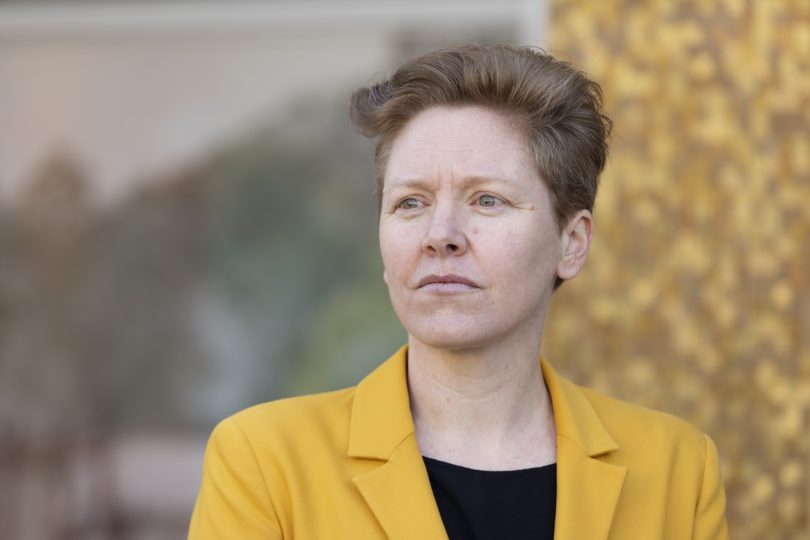
Acting Human Rights Commission President Heidi Yates: big increase in applications from victims for financial assistance. Photo: Michelle Kroll.
Ms Yates said there had been significantly more financial assistance and client coordination for victims of crime than in previous years.
The report shows Victim Support ACT assisted more than 3250 victims of crime, with a 29 per cent increase in new clients and an 86 per cent increase in applications for financial assistance (1087), the largest annual increase since the financial assistance scheme began seven years ago.
Complaints about vulnerable Canberrans’ poor treatment or neglect increased from two in 2019-20 to 43 this year.
The ACT Intermediary Program, which assists court witnesses, experienced a 52 per cent increase in referrals compared to last year.
The human rights legal team provided 113 pieces of legal advice or submissions and human rights training for more than 200 people and intervened in three Supreme Court cases.
The Children and Young People Commissioner consulted with over 645 children and young people on issues including wellbeing and their experiences of racism.
Dr Watchirs said the commission had successfully advocated for a number of changes, including raising the minimum age of criminal responsibility from 10 to 14 years of age and removing the use of spit hoods from places of detention.
The commission had also won support for a complaints-handling jurisdiction under the Human Rights Act, with the ACT Government committing in October 2022 to legislate in the second half of 2023.
It had promoted the inclusion of the right to a healthy environment in the Human Rights Act, with the ACT Government committing to this in November 2022.
The commission had ensured that the ACT Government’s COVID public health measures had balanced restrictions on human rights that were targeted, necessary and proportionate.
Dr Watchirs said the commission would continue highlighting the need for external review of care and protection decisions.
The commission intervened in three Supreme Court Cases, including that of Aboriginal woman Julianne Williams, who claimed her human rights were breached while she was detained at the Alexander Maconochie Centre, and public housing tenants fighting forced relocation from their long-time homes.












